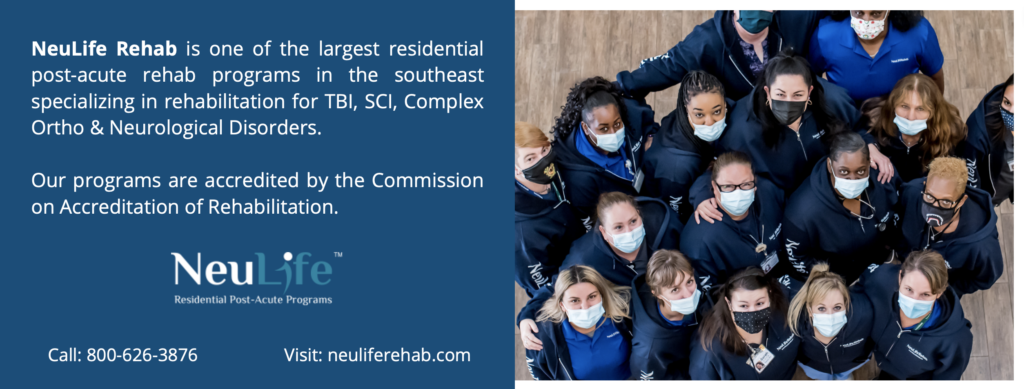Vision Problems can occur even after minor brain injuries, including concussions. Sometimes symptoms do not emerge until some time has passed after the initial injury.
Depending on the part of the brain that is affected, visual processing and perception can be affected.
If the patient notices vision changes, it is essential to follow up with an eye specialist. Some specialize in visual changes after head injuries and know how to best address symptoms.
Vision includes how our brains process what we see. Vision affects other areas of the body, including how we think and move. If vision is impacted, it can affect many different areas of our daily life. Reading, driving, and completing tasks at work can all be affected.
Many providers who specialize in rehabilitation for brain injuries can diagnose vision problems. Sometimes therapists or clinicians in inpatient neuro-rehabilitation centers are the first to notice. Often they will make a referral to an ophthalmologist (eye doctor) for proper diagnosis and treatment.
There are even neuro-ophthalmologists who specialize in visual problems after head injury. They have additional training to address the specific needs of head injury patients.
Several visual changes can occur due to a head injury. Some common problems include:
Sometimes the patient even has complete vision loss in one or both eyes. Problems with vision are dependent upon the area of the brain that is affected.
If left untreated, visual problems can become serious. It can affect the patient's ability to organize and process visual information. It can lead to poor depth perception and also affect balance.
Daily living tasks can become more challenging to complete. This can include:
Ophthalmologists may make different recommendations dependent upon the type of injury.
They might recommend taking frequent breaks and resting the eyes. This is important when doing activities that may place stress on the eyes such as reading, watching television or when on the computer.
Ophthalmologists and opticians may prescribe magnifying glasses as they can make objects easier to see. Electronic readers can be helpful to increase the print size and make it easier for the patient to see.
Avoiding specific environments where the light is bothersome can be especially helpful. Fluorescent lighting can be especially irritating for head injury patients. Tinted glasses can sometimes be beneficial if patients are sensitive to lighting after head injuries.
Avoiding visual overload is also suggested. This means keeping areas free of clutter and organized. It's helpful to keep all items neat and in one place. This also helps with memory as patients know where to find items without additional stress.

NeuLife is a Residential Post-Acute Rehabilitation facility specializing in Traumatic Brain Injury, Spinal Cord Injury, and other complex injuries. Its program includes physical medicine and rehabilitation, medical management, psychiatric and neuropsychological services, physical, occupational, speech, cognitive therapies, behavioral, dietary, vocational counseling, and more.
Beautifully situated on 43 acres in Mount Dora, Florida, its inpatient rehab facility comprises over 60,000 square feet and contains 54 private rooms or suites.
Contact us for more information today! You can simply give us a call at Give us a Call 800.626.3876 or make a referral. We can help patients to get their life back!
The material contained on this site is for informational purposes only and DOES NOT CONSTITUTE THE PROVIDING OF MEDICAL ADVICE, and is not intended to be a substitute for independent professional medical judgment, advice, diagnosis, or treatment. Always seek the advice of your physician or other qualified healthcare providers with any questions or concerns you may have regarding your health.

We know that choosing the next step in your recovery from a catastrophic illness or injury is complex. Together, we can help you take the next step.
Contact us with any questions today.